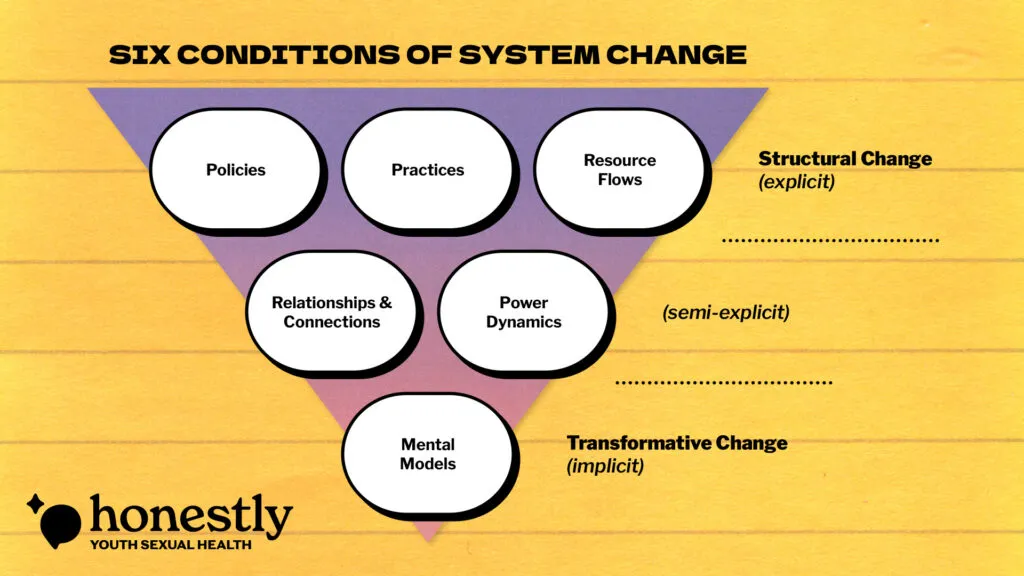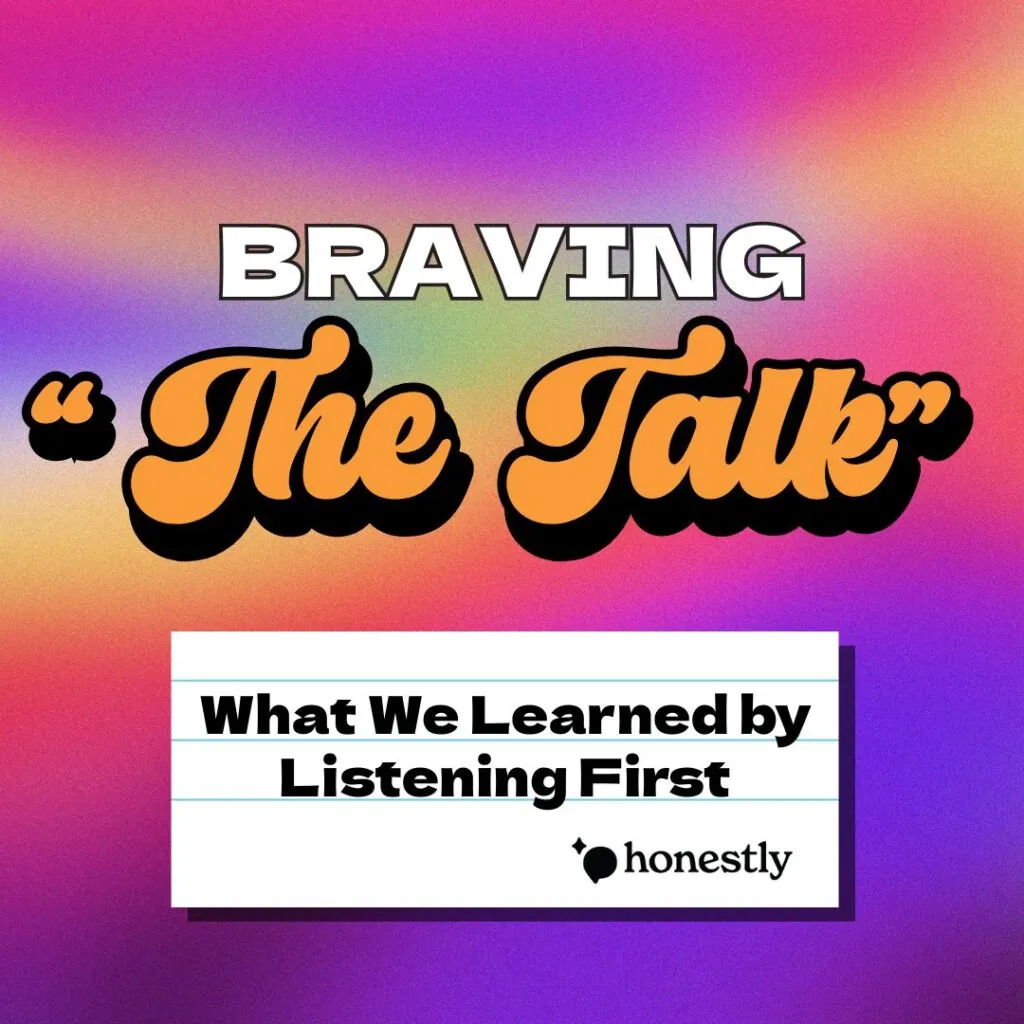At honestly, we believe that the people closest to the work hold the answers. That belief guided our approach to pilot the Braving “The Talk” Curriculum—a trauma-informed training designed to help caregivers have open, supportive conversations with young people about sexual health, consent, and connection. While delivering the training was the goal, we started with something equally important: listening.
Where This Work Began
Braving “The Talk” was originally conceptualized by Sisu Youth Services and developed in partnership with Dr. LaNita S. Wright and Kelli Lynch, as part of a federal SPARK grant (Office of Population Affairs Tier 2 Innovation and Impact Network, 2020–2023) supporting innovative strategies to prevent unintended teen pregnancy. As the backbone of the Central Oklahoma Teen Pregnancy Prevention Collaboration, honestly helped facilitate the early development of the curriculum and has continued refining it in collaboration with community partners.
Last summer, we set out to adapt Braving “The Talk” for foster care settings. Our aim was to remain true to the program’s original purpose—equipping adults to support youth in crisis—while ensuring the content met the specific needs of foster caregivers and professionals.
Collaborative Insights
Like many in public health can attest, even the best-laid plans can hit roadblocks. In our case, we couldn’t get the initial pilot scheduled in a way that worked for our foster care partners. Rather than pushing forward, we paused. We returned to our partners with a simple goal: to listen first and learn what was needed to do this right.
That pause became a turning point. We created Collaborative Insight Meetings—small-group discussions designed to elevate the voices of foster care professionals. Grounded in the Six Conditions of Systems Change, these sessions helped us understand the deeper forces shaping youth sexual health in foster care: policies, practices, resource flows, relationships, power dynamics, and mental models.

Participants spoke candidly about the real-world challenges they face—unclear policies, time constraints, stigma, a need to build trust, and gaps in training. But they also shared innovative ideas, deep care for the youth they serve, and a willingness to shape solutions together.
“You can’t create systems that don’t actually support people and then expect them to come to you as the expert.”
– Collaborative Insight Meeting participant
The meetings validated something we’ve always known: people in this work care deeply, they just need the right tools, time, and support to have these conversations well.
From Listening to Action
As part of our strategic learning process, we also invited foster care professionals to help review and refine the curriculum itself. With their feedback, we adapted the training to be more relevant, affirming, and usable. We shifted the delivery format to be virtual, making it more flexible and accessible for caregivers and organizations.
When we piloted the revised training, turnout was modest—but the feedback was strong. Participants said the training was culturally responsive, trauma-informed, and effective. They reported feeling more confident talking with youth about sexual health, consent, and identity.
What We’re Carrying Forward
We learned a lot during this pilot. Our biggest takeaway? Strategic learning is success. By starting with relationships, we built trust. By staying flexible, we found better fits. By listening, we learned more than any survey alone could tell us.
So, what’s next?
- We’re committed to using the Collaborative Insight Meeting model when we co-design programs.
- We will continue offering Braving “The Talk” in formats that meet people where they are—including virtual options.
- We’re prepared to bring this training to more organizations that serve youth in crisis.
Want to Bring Braving “The Talk” to Your Organization?
Braving “The Talk” is a trauma-informed training that helps caregivers talk with youth about sexual health, consent, and healthy relationships. It’s designed for caregivers and youth-serving professionals who want to feel more confident having these important conversations.
If you’re a foster care agency, youth-serving nonprofit, or caregiver support program, we’d love to partner with you. The training can be delivered virtually and tailored to your team’s needs. Let’s build something together—because the best solutions don’t come from the top down. They start with listening.
Thanks to Our Partners
We want to thank the professionals who shared their time, insight, and lived experience to help us adapt this iteration of Braving “The Talk” to better serve caregivers in the foster care system. Their feedback shaped the curriculum and affirmed our belief that the best solutions are built in partnership with those closest to the work.
Special thanks to:
- Whitney Hollingsworth, Pivot
- Jordan Sanchez, Lilyfield
- Sandi Gillett, Angels Foster Family Network
This project was made possible through a grant from the Arnall Family Foundation at the Oklahoma City Community Foundation. We’re grateful for their support and shared commitment to improving outcomes for youth in foster care.

